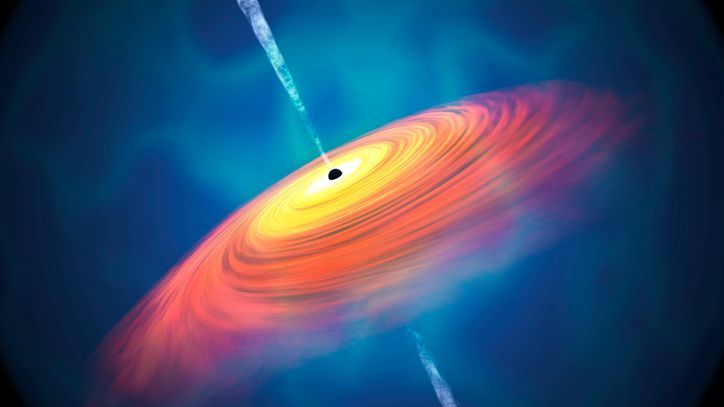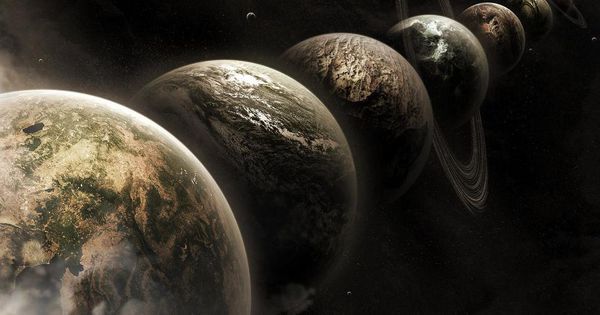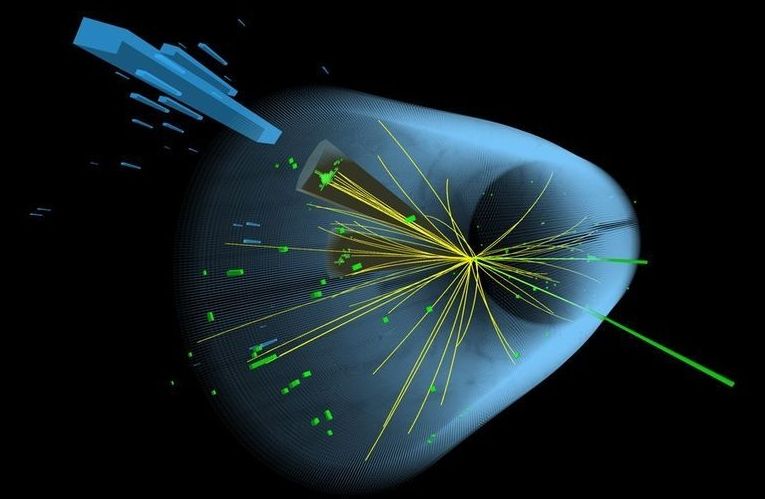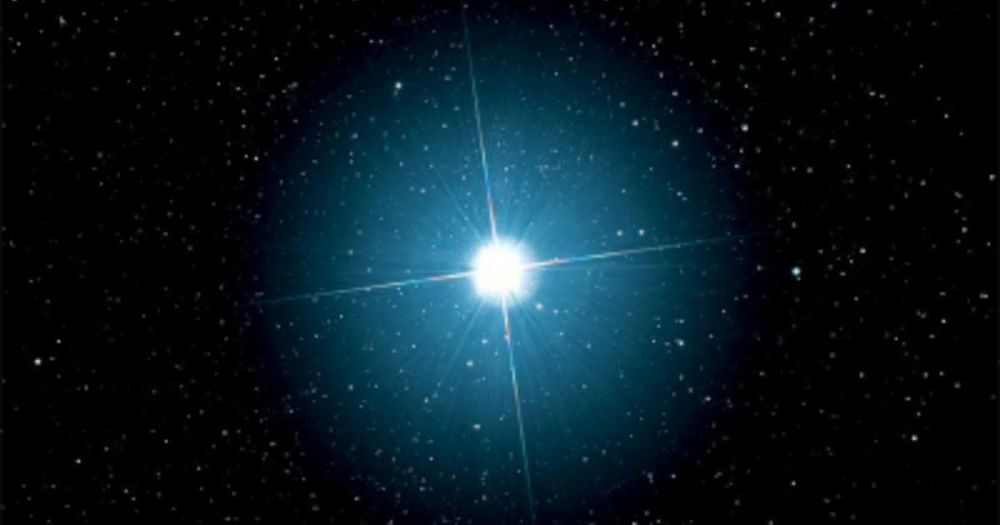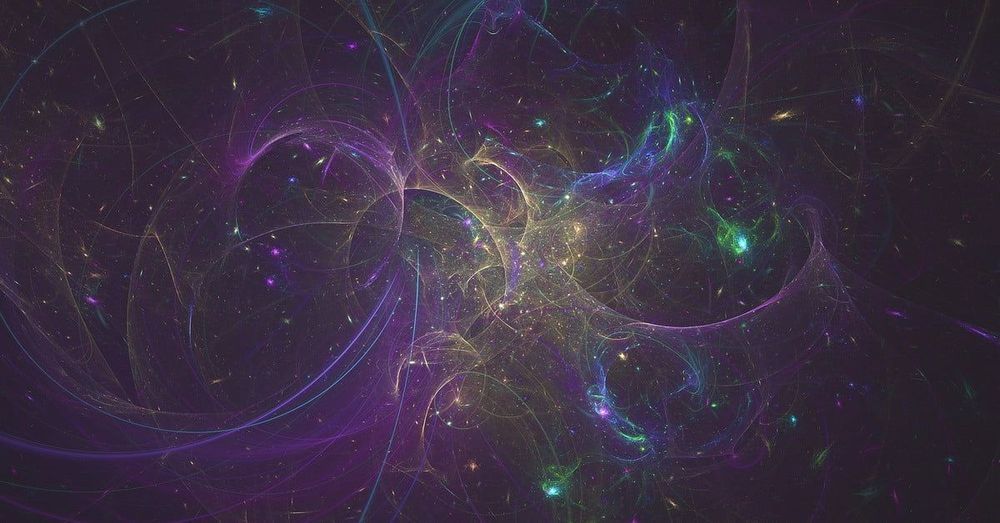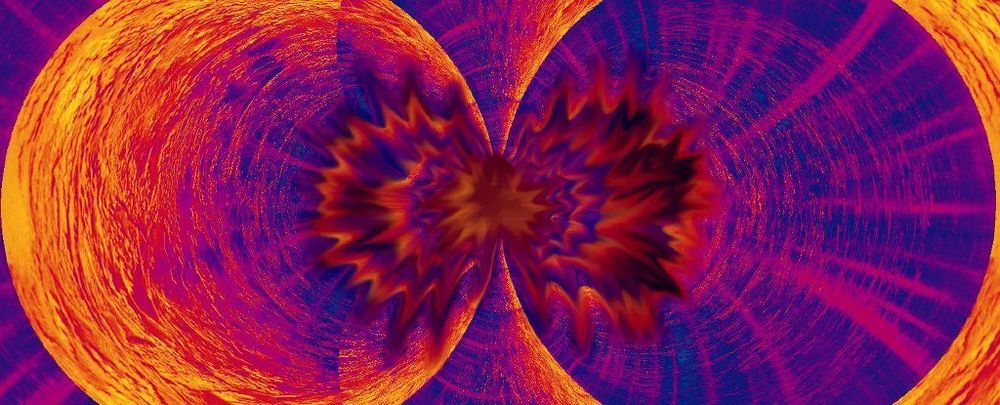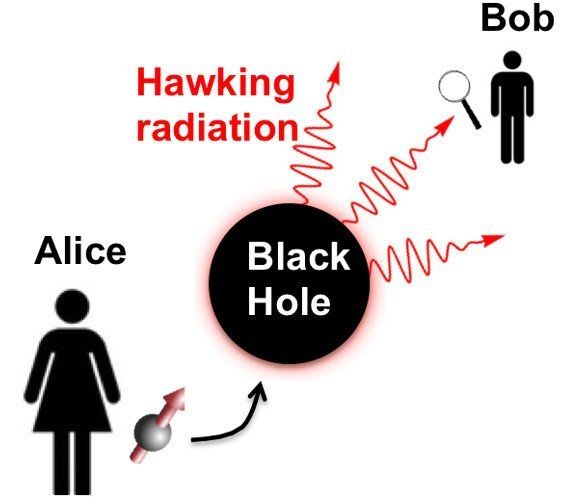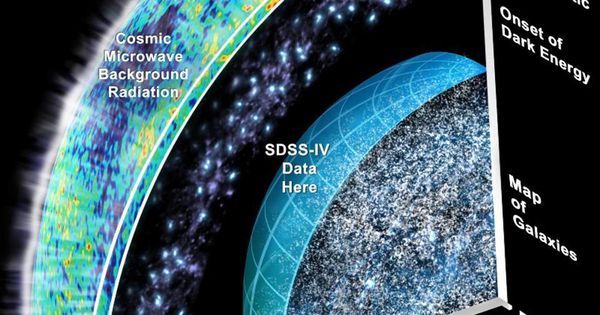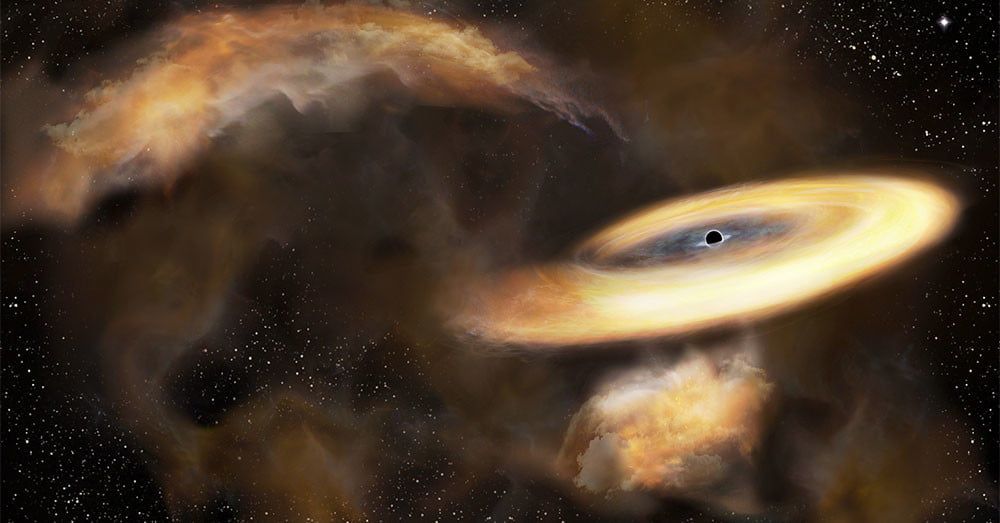But no other new particles have materialized at the LHC, leaving open many mysteries about the universe that the Standard Model doesn’t address. A debate has ensued over whether to build an even more enormous successor to the LHC — a proposed machine 100 kilometers in circumference, possibly in Switzerland or China — to continue the search for new physics.
Physicists say there’s much we can still learn from the Higgs boson itself. What’s known is that the particle’s existence confirms a 55-year-old theory about the origin of mass in the universe. Its discovery won the 2013 Nobel Prize for Peter Higgs and François Englert, two of six theorists who proposed this mass-generating mechanism in the 1960s. The mechanism involves a field permeating all of space. The Higgs particle is a ripple, or quantum fluctuation, in this Higgs field. Because quantum mechanics tangles up the particles and fields of nature, the presence of the Higgs field spills over into other quantum fields; it’s this coupling that gives their associated particles mass.
But physicists understand little about the omnipresent Higgs field, or the fateful moment in the early universe when it suddenly shifted from having zero value everywhere (or in other words, not existing) into its current, uniformly valued state. That shift, or “symmetry-breaking” event, instantly rendered quarks, electrons and many other fundamental particles massive, which led them to form atoms and all the other structures seen in the cosmos.
